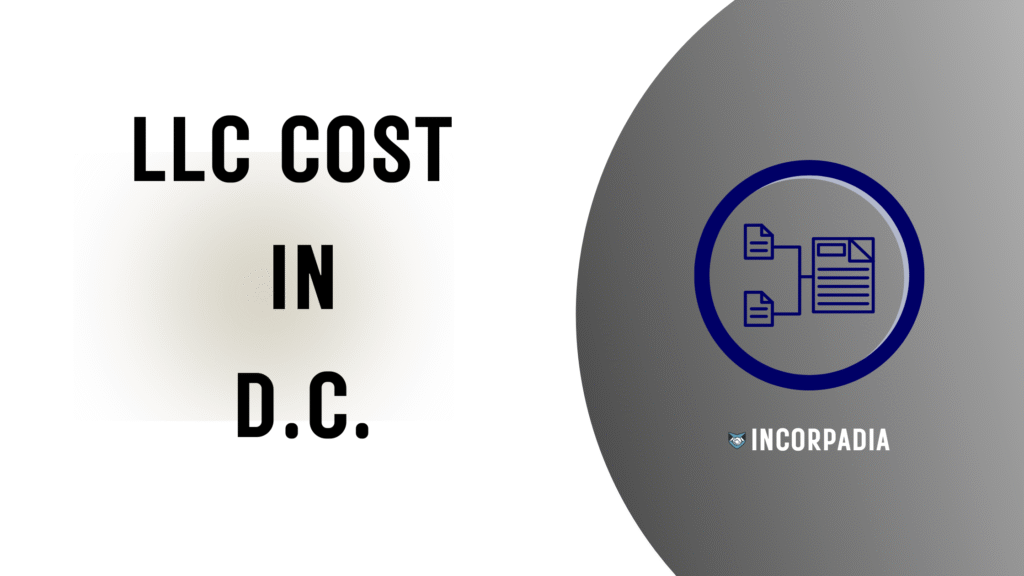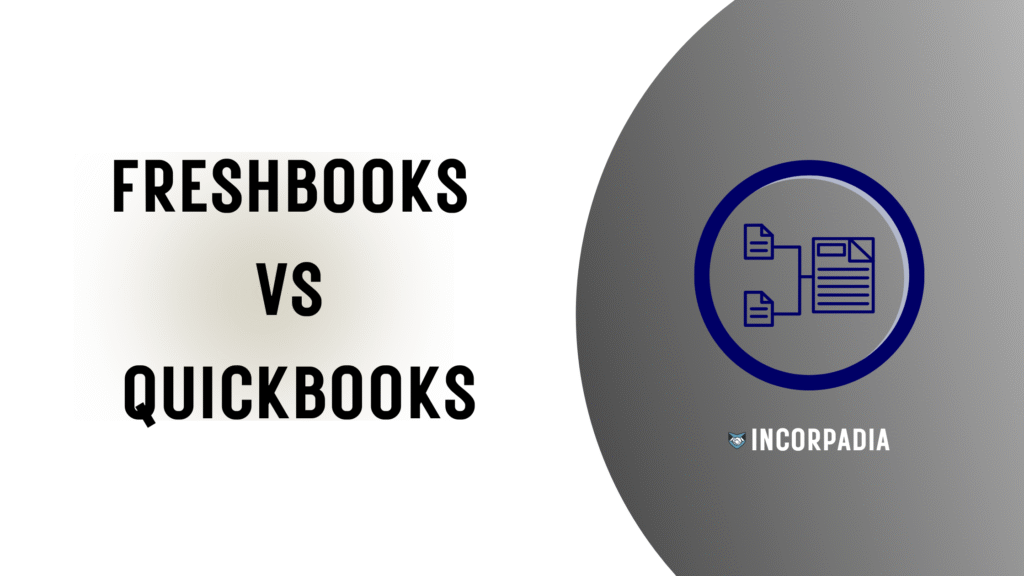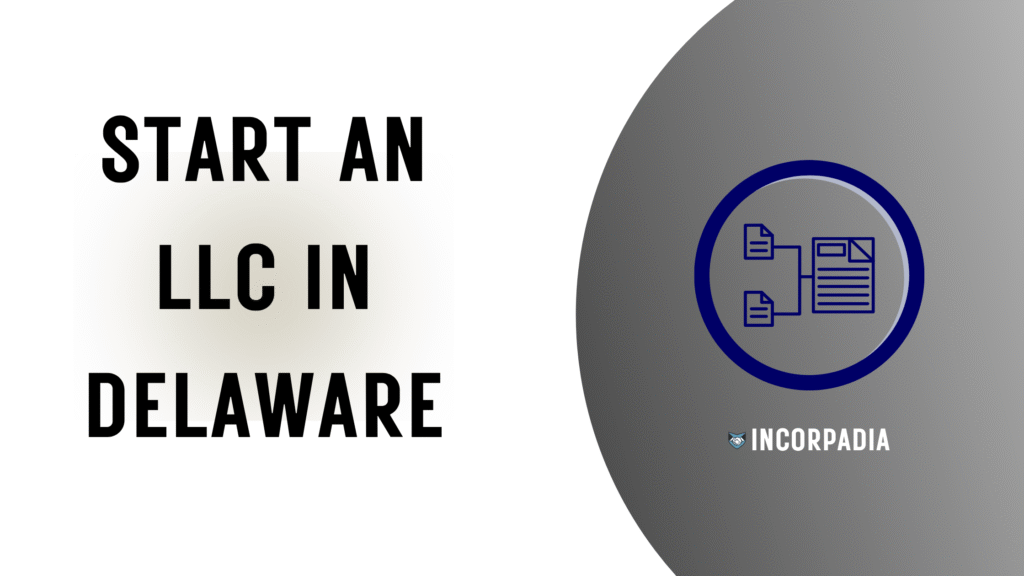Starting a business is an exciting journey, and forming a Limited Liability Company (LLC) in Washington, D.C. is one of the best ways to protect your personal assets while managing a business. Whether you’re launching a small local shop, a consulting firm, or a tech startup, an LLC provides flexibility, protection, and credibility. The process of setting up an LLC in D.C. is relatively simple, but there are several important steps that need to be followed to ensure you’re compliant with local laws and regulations.
This guide is designed to walk you through the process of starting an LLC in D.C. in 2025. We’ll cover everything from choosing a unique name for your LLC to obtaining the necessary licenses and permits. You’ll learn how to file your Articles of Organization, select a Registered Agent, get your Employer Identification Number (EIN), and much more. By the end of this guide, you’ll have all the knowledge needed to confidently set up your LLC and begin operating your business legally.
It’s important to remember that while the process may seem complex at first, it’s quite manageable when broken down step-by-step. Plus, the benefits of forming an LLC—such as liability protection, tax flexibility, and enhanced credibility—far outweigh the initial setup efforts. Whether you’re a first-time entrepreneur or an experienced business owner, understanding how to navigate the legal requirements in D.C. will help ensure your LLC is set up for long-term success. Let’s dive into the process of how to start an LLC in Washington, D.C. and get your business off the ground.
Costs Summary
| Requirement | Fee (USD) |
|---|---|
| Articles of Organization | $99 |
| Registered Agent (optional) | $0 – $125/year |
| Name Reservation (optional) | $50 |
| Trade Name (DBA) Registration (optional) | $55 |
| Certificate of Good Standing (optional) | $50 |
| Certificate of Occupancy/Home Permit | $72.60 |
| Basic Business License | $95 – $500 (varies) |
| Biennial Report (every 2 years) | $300 |
Here are the steps to forming an LLC in DC
Starting an LLC in the District of Columbia doesn’t need to be complicated. Let’s go over the steps one by one.
1. Search Your LLC Name
The first step in creating an LLC is choosing a unique name for your business. The name must meet a few requirements to be valid in Washington, D.C. First, it must include the words “Limited Liability Company” or an abbreviation like “LLC” or “L.L.C.” Additionally, the name must be distinguishable from existing businesses registered in D.C.
How to Search for an Available Name
You’ll need to check if the name you have in mind is already taken. You can do this easily by using the D.C. business entity search tool. This will allow you to check if there’s already an LLC or corporation with the name you want.
- Go to the D.C. Department of Consumer and Regulatory Affairs (DCRA) website.
- Use the business entity search tool to check if your LLC name is available.
If the name is already in use, you’ll need to come up with a new one or slightly modify the name. Keep in mind that your LLC name must not be confusingly similar to the name of another entity.
Reserving Your LLC Name
If you’ve found an available name and want to hold it for a while, you can reserve it with the D.C. government. A name reservation holds your business name for 120 days, giving you time to complete your LLC formation. The cost to reserve your name is $50, and you can file the reservation online through DCRA’s portal.
2. Choose a Registered Agent
A Registered Agent is a person or a business that agrees to receive legal documents and government notices on behalf of your LLC. In D.C., every LLC must designate a Registered Agent.
Who Can Be an LLC Registered Agent?
Your Registered Agent can be an individual or a company, but they must meet specific requirements:
- Physical Address: They must have a physical address in Washington, D.C.
- Availability: They must be available during normal business hours to accept legal documents.
You can be your own Registered Agent, but it’s often better to choose a professional service. A professional Registered Agent service ensures that you never miss important notices and helps keep your personal address off public records.
We Recommend Northwest Registered Agent
If you’re not sure who to choose, Northwest Registered Agent is a well-known provider of Registered Agent services. They have a strong reputation for customer service and privacy protection. Northwest Registered Agent also offers a variety of additional services to help with the formation and maintenance of your LLC.
3. File LLC Articles of Organization
The Articles of Organization (also known as Form DLC-1) is the document that officially forms your LLC in Washington, D.C. This document includes basic information about your LLC, including the name, address, Registered Agent, and the management structure (whether your LLC will be managed by members or managers).
Filing Options
You can file the Articles of Organization either online or by mail. Here’s how:
- Online Filing: You can file your Articles of Organization online through the DCRA website. This is the fastest way to complete your LLC formation.
- Mail Filing: If you prefer to file by mail, you can download the DLC-1 form from the DCRA website, complete it, and send it with a check for the filing fee.
The filing fee for submitting your Articles of Organization is $99.
4. Create an LLC Operating Agreement
While Washington, D.C. law does not require LLCs to have an Operating Agreement, it is highly recommended. An LLC Operating Agreement is a legal document that outlines the ownership structure, management, and operating procedures of the LLC.
Why You Need an Operating Agreement
- Clarifies Ownership: It details the distribution of ownership interests in the company.
- Prevents Disputes: It helps avoid disagreements by defining roles, responsibilities, and decision-making processes.
- Strengthens Liability Protection: Having an Operating Agreement can help ensure that your LLC is seen as a separate legal entity, which reinforces the protection of your personal assets.
Even if you’re the sole member of your LLC, creating an Operating Agreement is a smart move to formalize your business’s internal rules and avoid potential conflicts in the future.
5. Get an EIN for Your LLC
An Employer Identification Number (EIN), also called a Federal Tax Identification Number, is necessary for tax purposes. You’ll need an EIN to open a business bank account, apply for business licenses, and file taxes with the IRS.
How to Get an EIN
You can apply for an EIN online for free through the IRS website. The process is quick, and you’ll receive your EIN immediately after completing the application. An EIN is essentially the Social Security number for your business, so it’s essential for tax and legal purposes.
6. Register with the Office of Tax & Revenue
Once you’ve obtained your EIN, you’ll need to register your LLC with the D.C. Office of Tax & Revenue (OTR). This will ensure that your LLC complies with local tax requirements.
What Taxes Do I Need to Register For?
Depending on the nature of your business, you may need to register for one or more of the following taxes:
- Sales Tax: If your LLC sells tangible goods or taxable services, you’ll need to register for sales tax.
- Employer Withholding Tax: If you hire employees, you must register for payroll taxes.
- Unemployment Insurance Tax: If you have employees, you may need to register for unemployment insurance taxes.
Once registered, you’ll receive the necessary information to file and pay these taxes.
7. Get a Certificate of Occupancy or Home Occupation Permit
If you plan to operate your business from a physical location, you’ll need to obtain a Certificate of Occupancy (CO) from DCRA. This document verifies that your building complies with zoning laws and is safe to operate your business.
Home-Based Businesses
If you’re running your business from home, you may not need a full Certificate of Occupancy. However, you may still need a Home Occupation Permit, which allows you to operate a business from your residence.
It’s important to check with DCRA to ensure you have the appropriate permits before starting business operations.
8. Get Business Licenses and Permits
Most businesses in D.C. need a Basic Business License (BBL). The BBL is required for all LLCs operating within the city. Depending on the type of business you run, you may need additional licenses or permits.
Types of Licenses
The BBL is the general business license for most entrepreneurs. However, specific industries may require additional permits, such as:
- Health permits for food-related businesses.
- Professional licenses for lawyers, accountants, or contractors.
To apply for your Basic Business License, you’ll need to visit the DCRA’s Business Licensing Center. Keep in mind that each type of business has its own licensing requirements and fees.
What Do I Do After My Limited Liability Company Is Approved?
Once your LLC has been approved, you must take several steps to keep your business compliant with D.C. laws and regulations.
Biennial Report
In Washington, D.C., every LLC must file a Biennial Report with DCRA. This report updates the government on any changes to your business, including management changes or new business addresses.
When Is the Biennial Report Due?
Your first Biennial Report is due two years after your LLC is formed. After that, it’s due every two years. The deadline is April 1st of every even-numbered year. For example, if your LLC was formed in 2023, your first Biennial Report would be due in 2025.
Fees for the Biennial Report
The cost to file the Biennial Report is $300. Make sure to file on time to avoid late fees or penalties. If you don’t file the report, your LLC may be administratively dissolved.
Taxes and Other Ongoing Requirements
In addition to filing your Biennial Report, your LLC must meet other ongoing tax and legal obligations:
- Sales Tax: If applicable, ensure you’re collecting and remitting sales tax.
- Employee Withholding Tax: If you have employees, withhold the proper taxes and file payroll tax returns regularly.
- Franchise Tax: Washington, D.C. imposes a franchise tax on LLCs based on their gross receipts. Make sure you’re aware of your obligations here.
Conclusion
Starting an LLC in Washington, D.C. may seem like a complex process, but with the right guidance and a clear step-by-step approach, it becomes manageable and rewarding. By following the steps outlined in this guide—from choosing your LLC name and filing Articles of Organization to registering for taxes and obtaining necessary permits—you’ll ensure that your business is legally compliant and ready to succeed.
Remember, forming an LLC offers significant benefits such as personal liability protection, tax flexibility, and increased credibility for your business. Additionally, the ongoing responsibilities, like filing Biennial Reports and paying taxes, are straightforward and can be managed with proper planning and organization.
As you embark on your entrepreneurial journey, always make sure to stay updated on local regulations and deadlines. Whether you’re a first-time business owner or an experienced entrepreneur, starting an LLC in D.C. is an important step towards securing your business’s future.
With this guide, you now have the knowledge to confidently form your LLC and move forward in establishing a solid foundation for your business. By staying organized and proactive, you can focus on growing your company and achieving long-term success.
FAQs
How long does it take to form an LLC in D.C.?
The process of forming an LLC in D.C. can take a few days if you file online. Mail filings take longer, usually around 2-4 weeks.
Do I need an Operating Agreement?
While not required by law, having an Operating Agreement is strongly recommended. This document helps to define the structure of your LLC and can prevent legal disputes in the future.
How much does it cost to start an LLC in D.C.?
The initial cost to form an LLC in D.C. is $99 for filing the Articles of Organization. Other potential costs include the $300 Biennial Report fee and various licensing fees depending on your business type.
How do I file my LLC Biennial Report?
The Biennial Report can be filed online through DCRA’s Business Licensing Center. It’s due on April 1st of every even-numbered year.







